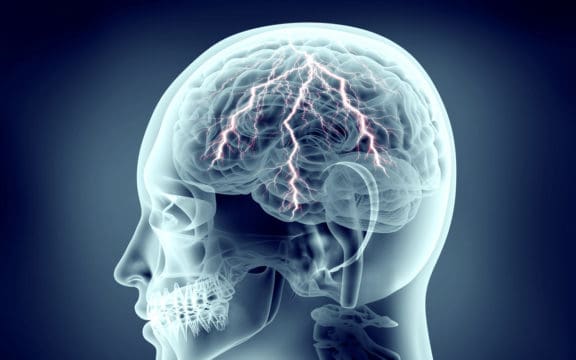Studies have shown that Transcranial Magnetic Stimulation is an effective treatment for individuals with Depression. But even if an index course of TMS therapy is successful, clinical management of a patient with Depression typically doesn’t conclude after the initial acute course of treatment. Because Depression is often a recurrent condition, it usually requires some kind of ongoing treatment after an episode resolves to prevent relapse.
Much like continued psychotherapy or extended use of antidepressants, TMS maintenance can be effectively used to prevent relapse of depressive symptoms and keep patients well. TMS maintenance typically involves regularly scheduled TMS sessions, usually on a weekly, biweekly, or monthly basis. Below, we’ll explore evidence from multiple peer-reviewed studies that supports the use of TMS maintenance as a strategy to prevent relapse.
The Long-Term Durability of TMS Treatment
A study which focused on the long-term effectiveness of TMS found that the number of patients who had reached remission at the end of acute TMS treatment was similar to the number of patients who had reached remission by the final follow-up assessment after twelve months. After treatment with an acute index course of TMS treatment, 36.2% of participants received reintroduction of TMS, with a mean number of 16 booster TMS treatment sessions. This study’s results which demonstrated the long-term effectiveness of TMS were observed under conditions that allowed continued access to TMS maintenance to treat recurring depressive symptoms.
The Efficacy of TMS Maintenance
Clustered TMS maintenance may consist of five TMS sessions administered over the course of two days every month. Other TMS maintenance protocols involve one weekly session for two weeks, followed by one session every two weeks for a span of two months, followed by one session per month. Studies have shown that all of these approaches to TMS maintenance prevented relapse more effectively than performing no preventative maintenance at all.
A randomized pilot study of TMS maintenance in patients with major depressive disorder demonstrated a trend towards improved outcomes in participants who received a regimen of TMS maintenance once per month. Although limited by its small size, this study showed supporting evidence for use of TMS as a sole maintenance strategy without additional use of pharmacotherapy.
An excellent recent 2017 randomized control trial observed the effects of clustered TMS-–which involved 10 sessions over a 5-day period for the first 3 months and 5 sessions over a 3-day period on a monthly basis thereafter–for the prevention of depressive relapse in 281 depressed patients who had achieved stable full or partial remission after a 6-months of antidepressant treatment. This trial revealed that using TMS used as maintenance either alone or in combination with antidepressants was superior to using antidepressants alone to prevent depressive relapse, particularly in patients experiencing their first depressive episode.
TMS Maintenance Versus ECT Maintenance
Unlike Electroconvulsive therapy, Transcranial Magnetic Stimulation is generally well-tolerated and is associated with extremely mild, short-lived side effects if any are felt at all. One peer-reviewed clinical case series examined the efficacy of TMS maintenance versus ECT maintenance for preventing a relapse of depressive symptoms. The study found that TMS was both safe and effective when used as a maintenance substitute for ECT in order to prolong remission from depressive symptoms.
Clinical TMS Society Recommendations for TMS Maintenance
The Clinical TMS Society’s consensus review and treatment recommendations for using TMS to treat Major Depressive Disorder recommends TMS for use as a subsequent option in patients who previously benefited from an acute treatment course and have a recurrence of their depression. In addition, maintenance TMS therapy should be especially considered for prevention of relapse of depression when other established methods of maintenance antidepressant therapy such as medication and psychotherapy fail to provide a satisfactory sustained pattern of clinical benefit and in patients who have a history of frequent relapse (two or more episodes in one year).
Staying Well in The Long Run
TMS is safe, non-invasive, and can help you stay well over time if used preventatively or if your symptoms relapse. To learn more about how TMS works, visit our services page or contact us today. We’re happy to help you assess whether TMS is the right option for you.
















